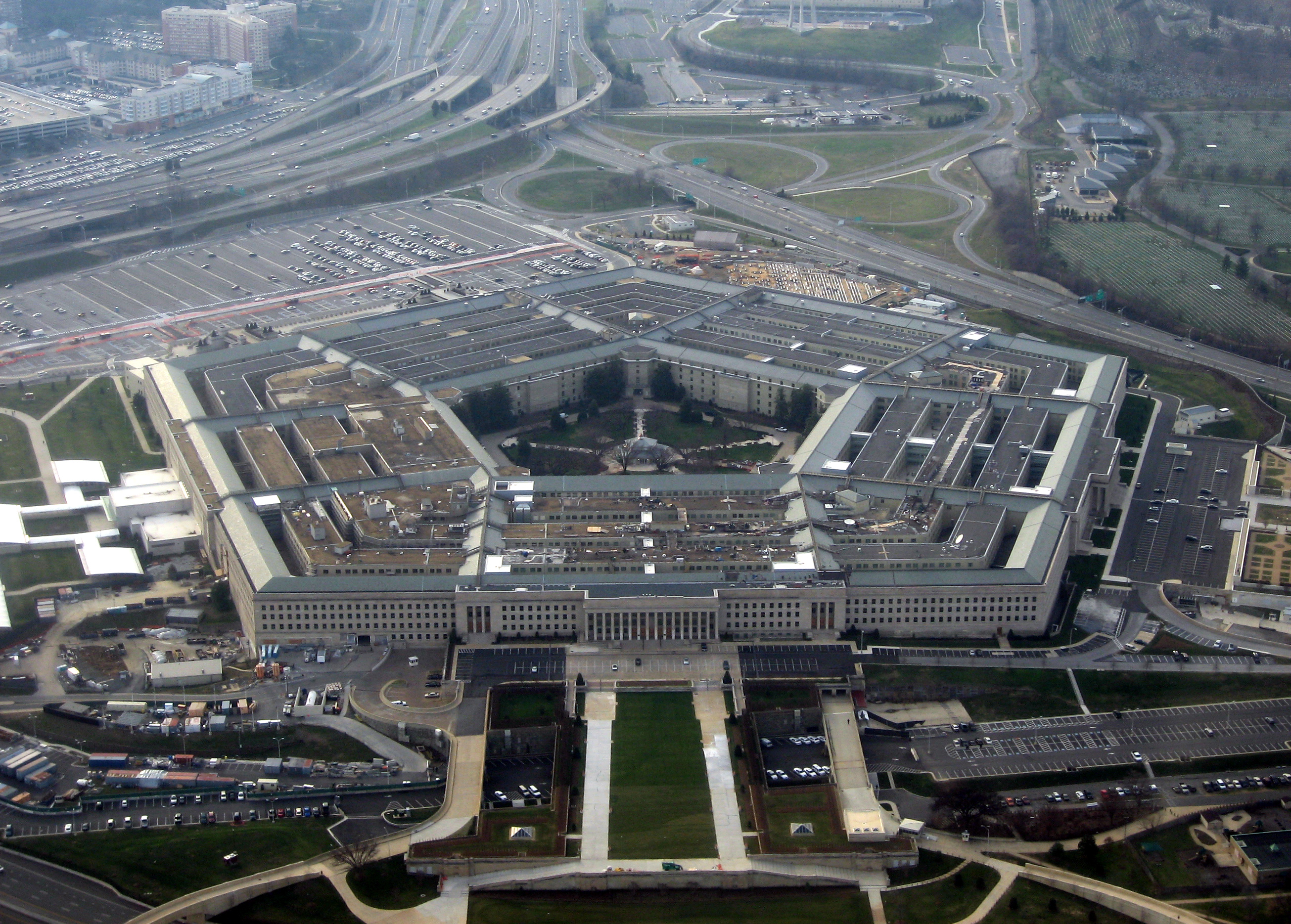
The requirements were clear: Villas with no less than queen beds, flat-screen TVs of no less than 27 inches, meals of at least three stars and round-the-clock bodyguards.
Sounds more like a celebrity rider than a description of Afghanistan accommodations for U.S. government employees. But that’s what the Pentagon’s Task Force for Business and Stability Operations requested — at a cost of $150 million, according to a letter released today by the Special Inspector General for Afghanistan Reconstruction, or SIGAR.
The high-end demands add to a string of recent controversies involving the now-defunct task force. Last month SIGAR reported that the task force spent $43 million on a gas station that should have cost about $500,000 and had no customers regardless. There are also allegations the Pentagon has retaliated against a task force whistleblower as well on-going criminal investigations. And a standoff between SIGAR and Pentagon officials over access to documents that has gotten the attention of Congress.
The task force was supposed to be an entrepreneurial initiative to jumpstart the Afghanistan economy. The Pentagon hired investment bankers, equities traders from Bear Stearns, wealth managers and Silicon Valley expats. They were expected to create jobs and encourage foreign investors by bringing them into the country and showing them the money-making possibilities.
SIGAR has been digging into the task force to figure out what the Defense Department accomplished with five years and a budget of more than $800 million.
The “villas” were a special arrangement not often seen for war zone workers, and some task force officials told SIGAR the pricey set up supported only a handful of employees at a time. Rather than living on military bases, which would have likely been free for a DOD organization, or at the embassy, which SIGAR estimates would have cost just $1.8 million a year, the task force instead opted to spend about 20 percent of their total budget to live on their own in Kabul.
Army Lt. Col. Joe Sowers, a DOD spokesman, didn’t comment on SIGAR’s findings, saying only, “we have received the recent letter from SIGAR and will respond.”
The task force’s director, Paul Brinkley, has said they were shaking up a traditionally bogged down development system and couldn’t be bound by red tape. Avoiding connections to the military and having easier access to the local community was part of that.
“The goal was to show private companies that they could set up operations in Afghanistan themselves without needing military support,” Brinkley wrote in his book, “War Front to Store Front: Americans Rebuilding Trust and Hope in Nations Under Fire.”
Business initiatives are normally the bailiwick of USAID and not the military. John Sopko, head of SIGAR, told ProPublica last year that he wants to know: “Why the hell was the DOD doing economic development?”
U.S. officials have said the task force didn’t make many friends at the embassy. The task force, known by its acronym TFBSO, often didn’t share information or coordinate with USAID.
“TFSBO was a nascent organization with a much more flexible structure and mandate that was not nearly as conservative as USAID,” according to one senior State Department official. The task force was a like a venture capital idea, and “USAID was both appalled and slightly envious” they “could try nine things and hope that one would work.”
But SIGAR isn’t sure that anything did.
“As far as we can see, they accomplished nothing,” Sopko said last year.
The task force started in Iraq, and SIGAR has “grave concerns about whether that was a smart lesson to repeat in Afghanistan,” he said.
Sopko said SIGAR has received more allegations about the task force than any other reconstruction project. “There’s a whole list of concerns we have over TFBSO,” he said.
The task force shut down last spring. Many members quit after Congress decided that its mission should be under USAID and not the Pentagon. Brinkley told the Washington Post at the time that having a humanitarian agency do the work was “like asking General Motors to make potato chips.”
Brinkley has so far refused to cooperate with SIGAR.
What has happened to the task force projects is unclear. When ProPublica asked military officials in Afghanistan about the current status of TFBSO projects, they said they couldn’t provide answers and to talk to USAID. USAID said they had nothing to do with it and told us to talk to the military.
In Sopko’s letter to Secretary of Defense Ash Carter, he asked for more information, including whether a cost-benefit analysis had been done on the living arrangements, and a list of what private companies the task force had brought into the country and how much any of them ended up investing. SIGAR has had little success getting any answers to previous questions. The Pentagon has repeatedly told SIGAR that because the task force shut down, the DOD no longer had “the personnel expertise to address these questions.”
ProPublica is a Pulitzer Prize-winning investigative newsroom. Sign up for their newsletter.
Read original story – Published Dec. 3, 2015, 12:01 a.m.
Pentagon Task Force: We Want Villas and Flat-Screen TVs in Afghanistan
